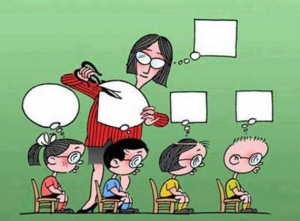“Nothing is more frightening than a fear you cannot name.”
-Cornelia Funk
Arguably one of the greatest authors of modern times, Stephen King, has produced master piece after master piece over the years. His novels stand out not because of their macabre or gory nature, but due to the level of suspense and realism his plots have. Most of his books are about the horror of the unknown and the unnamed. They are little things and little events, which wreck havoc in the protagonists life.
Revival promises to be another top-seller, written along the same lines. The official website describes it as "A dark and electrifying novel about addiction, fanaticism, and what might exist on the other side of life".
The story begins in a small New England town about half a century ago, where the new minister, Mr Charles Jacobs, begins preaching and reforming the local church.The charismatic minister forms a deep bond with a small boy named Jamie Morton, who loves to play the guitar and has the same 'secret obsession' as the minister. However, when tragedy strikes his family, Charles looses his faith in god and is banished from the shocked town. Over the next couple of decades, Jamie grows up to become a struggling musician, caught in the trap of drugs and sex. Living a nomadic life as a band musician, Jamie's life is profoundly impacted when he runs across Mr Jacobs again.
Seems like an interesting plot no? The official website claims that this novel has the 'most terrifying conclusion Stephen King has ever written'. Quite a tough ask if you ask me but then again, when has Stephen King ever disappointed us?
I am eagerly waiting for this book to come out and will update my views here once it does! Do comment if you have anything to say about this book and/or wish to share your views.
Seems like an interesting plot no? The official website claims that this novel has the 'most terrifying conclusion Stephen King has ever written'. Quite a tough ask if you ask me but then again, when has Stephen King ever disappointed us?
I am eagerly waiting for this book to come out and will update my views here once it does! Do comment if you have anything to say about this book and/or wish to share your views.


